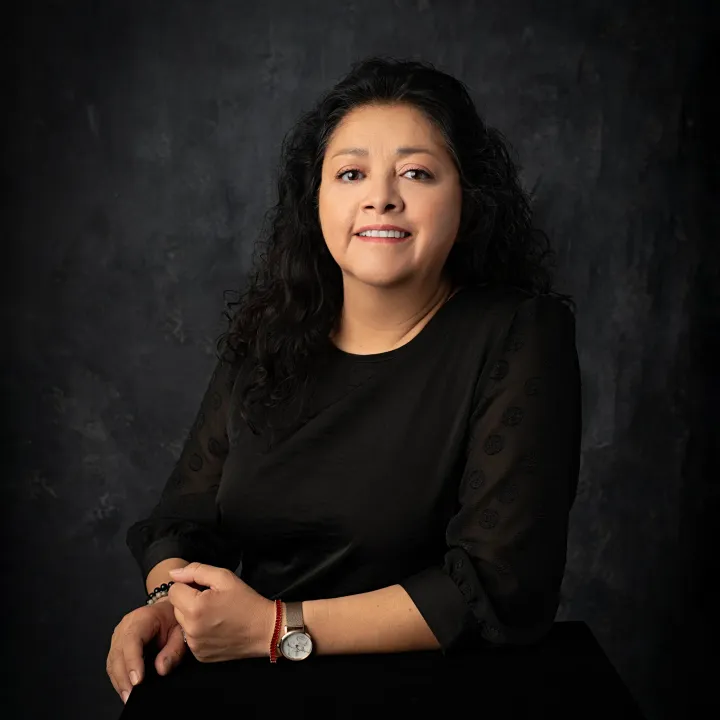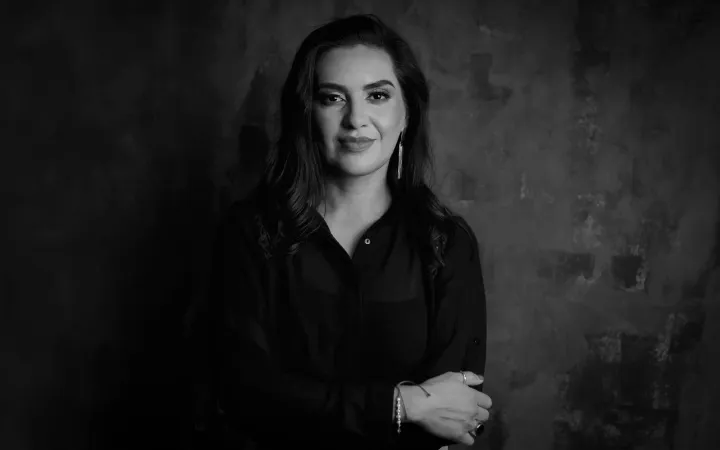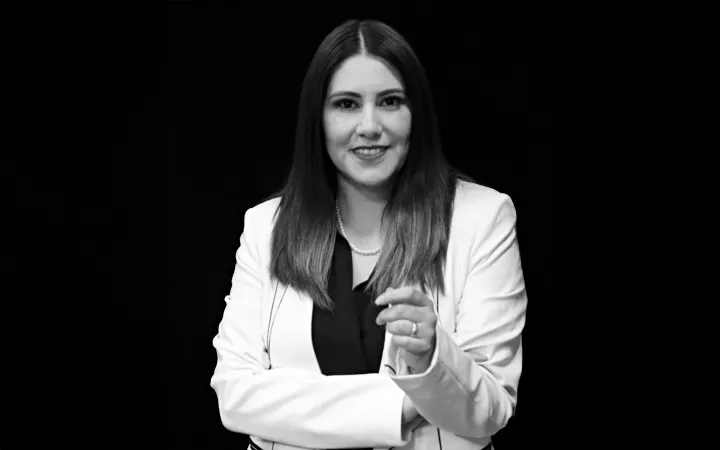
Por Nurit Martínez
Es común que uno de los propósitos del nuevo año sea tener un trabajo estable, con mejores oportunidades de desempeño, sobre todo que mejoren los ingresos personales, pero ¿qué ocurre si esa meta sólo se queda en propósito y no hay de por medio un respaldo de capacitación o una formación adecuada para desempeñarse en dicho trabajo?
La respuesta desde la mesa de los empleadores, cuando las condiciones económicas no son adecuadas, se puede resumir en una frase simple: no hay ni habrá incremento salarial.
Nadie que reciba una respuesta como esa queda satisfecho en su lugar de trabajo. Pero si vemos en el panorama nacional sobre la oferta de formación y capacitación de los mexicanos podemos encontrar algunas de las razones por las cuales se requiere que diseñemos políticas de Estado para enfrentar esa condición de bajos salarios y mayor productividad para las empresas.
La historia es la que viven 75% de los trabajadores en México según la Encuesta de Empleo de OCC, en la que se revela la demanda para cambiar de trabajo y en la que sólo dos de cada diez trabajadores están satisfechos con su puesto actual.
Veamos qué ocurre con los trabajadores. Los más recientes indicadores recogidos por la Secretaría de Educación Pública refieren que el porcentaje de la población joven de 15 a 29 años con contratación estable en 2023 fue de 27.9% para aquellos que cuentan con educación básica.
Mientras que para los que contaban con el bachillerato terminado las posibilidades de empleo estable son del 40.7% y crecían a 58.3% para quienes estudiaron a nivel superior.
Cuando uno observa los números, resalta la cantidad de personas que están en condiciones de inestabilidad laboral o buscando otro empleo, aunque cuenten con uno.
No es nada extraño escuchar a personas que dicen tengo dos, tres y hasta cinco ingresos,
pues dividen sus capacidades, habilidades y su formación profesional solo para obtener los ingresos que considera suficientes para satisfacer sus necesidades personales y familiares. Pero a cambio hay un buen número de personas que no cuentan con habilidades técnicas, profesionales y de desarrollo para adaptarse a los nuevos contextos del trabajo.
Otra arista es la inversión personal para incorporarse a programas de capacitación para mejorar esas mismas habilidades frente a la innovación tecnológica; lo cierto es que en esos contextos se requiere un mayor balance de lo que nos aporta la educación.
Hoy la constitución establece que un mexicano tiene garantizado su derecho a tener educación de manera obligatoria y gratuita hasta la universidad; hoy el Estado incumple esa garantía y es responsabilidad de cada ciudadano demandar el cumplimiento, de lo contrario nos quedan las urnas para sancionar a quien no lo haga. Se comprometió y no lo cumplió. Para eso vendrán los tiempos adecuados.
Mientras el sistema educativo no responda a los ciudadanos para brindar las oportunidades de formación a todos, las posibilidades de mejores empleos y salarios no permitirán construir un país sin desigualdades.
Los mismos indicadores de la SEP refieren que contar con educación superior permitió a la mitad de los trabajadores tener un salario por hora de 50.2 pesos o menor, pero si solo se tiene el bachillerato los ingresos caen por debajo de los 30 pesos; la diferencia es significativa.
El mismo sistema educativo nos está creando un país desigual, de tal manera que los propósitos de año nuevo pueden quedar en mera aspiración y meta si no somos capaces de empezar a politizar a la ciudadanía de que más que una acción supersticiosa, tener un empleo y mejor salario implican mejor formación, actualización y capacitación constante para el empleo.

Las opiniones expresadas son responsabilidad de sus autoras y son absolutamente independientes a la postura y línea editorial de Opinión 51.






Comments ()